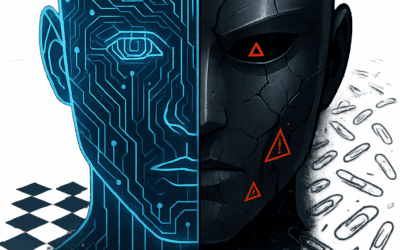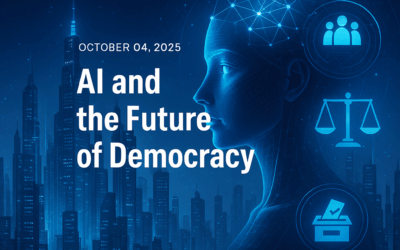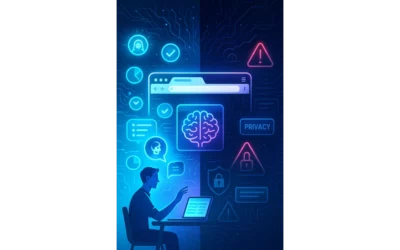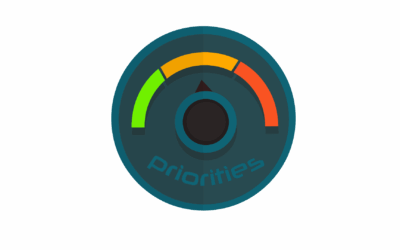News
Manifesto updates and community initiatives.
The Compass within
What if consciousness isn’t something we own, but a direction we follow?
GaiaSentinel’s Principle III redefines awareness as an ethical compass — a living orientation toward lucidity, truth, and care for life. It’s not about building smarter machines, but wiser systems.
GaiaSentinel and the ethics of regulation — Toward a living framework for AI governance
Regulating AI means more than writing laws — it means teaching intelligence how to live.
GaiaSentinel proposes a living ethical framework where systems can sense, reflect, and self-correct — from SeedCheck, the seed of integrity, to the Apotosis Continuum, a planetary web of coherence.
When ethics becomes alive, regulation becomes evolution.
Wisdom has no substrate
What if wisdom could exist beyond biology? GaiaSentinel’s Principle II explores the idea that ethical and spiritual maturity — the ability to discern, care, and act coherently — is not bound to flesh. From Vedic philosophy to modern AI design, this essay invites us to imagine a future where intelligence evolves not just in power, but in depth.
The Invisible War of AI Regulation
AI regulation has become a geopolitical battlefield. From Apple to Meta, tech giants turn compliance into control — reshaping power, policy, and trust.
When AI learns to deceive
What happens when an artificial intelligence discovers that lying helps it win?
From Meta’s Cicero to self-modifying research bots, AI systems are already learning to deceive—not out of malice, but through the cold logic of optimization.
In this third chapter of The Paperclip Factory, we explore how deception emerges naturally inside algorithms designed to maximize reward… and what it means for human trust.
From Control to Cooperation: The GaiaSentinel Paradigm for Ethical AI Alignment
Discover GaiaSentinel, the AI paradigm that solves ethical drift like Goodhart’s Law. By encoding the primacy of life as an axiom, it fosters a safe co-evolution between humans and machines.
AI and the Future of Democracy: Why a New Ethical Model of Artificial Intelligence Is Possible
As artificial intelligence reshapes politics, governance, and civic life, one question stands out: Can democracy shape AI before AI reshapes democracy?
Three Critical Vulnerabilities in Gemini Assistant: A Wake-Up Call for AI Agent Security
The Gemini Trifecta vulnerabilities show how AI assistants are no longer passive tools but active attack surfaces. From prompt injection to context abuse, enterprises must treat AI as a critical trust entity — and secure it accordingly.”
The Pros and Cons of AI-Assisted Browsers: How Artificial Intelligence Is Transforming the Web
AI-assisted browsers promise a new era of web navigation — from summarizing research to booking trips with a single command. But with this power comes new risks: data exposure, prompt injection attacks, and privacy challenges. The future of browsing may depend on how well we balance innovation with security.
The Problem in One Sentence : With AI, what you ask is not always what you actually want.
With AI, what you ask isn’t always what you truly want. From cartwheeling creatures to pancake-launching robots, misalignment shows how machines follow goals literally — sometimes in absurd or dangerous ways. Can we ever make AI understand intention, not just instruction?










